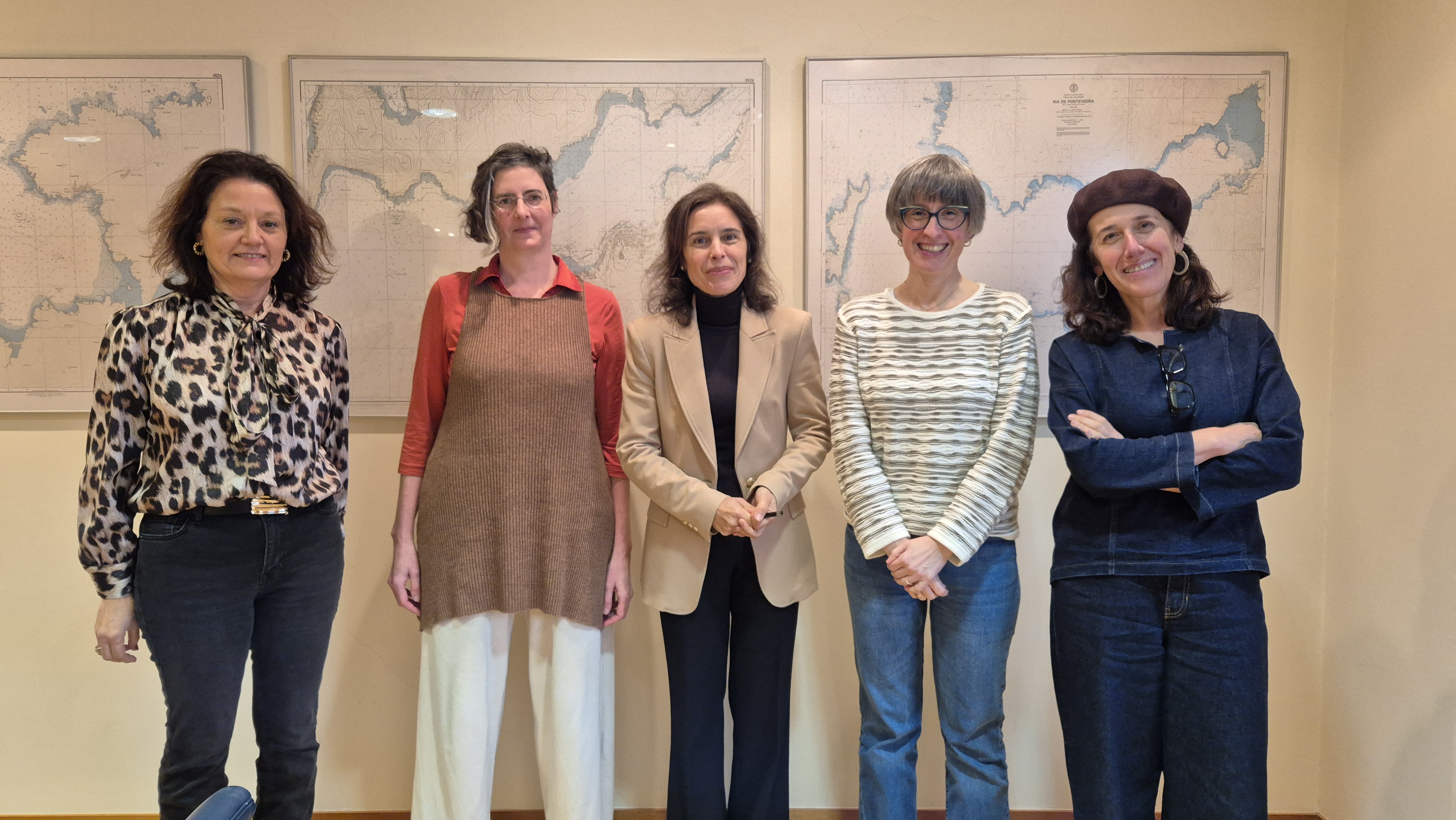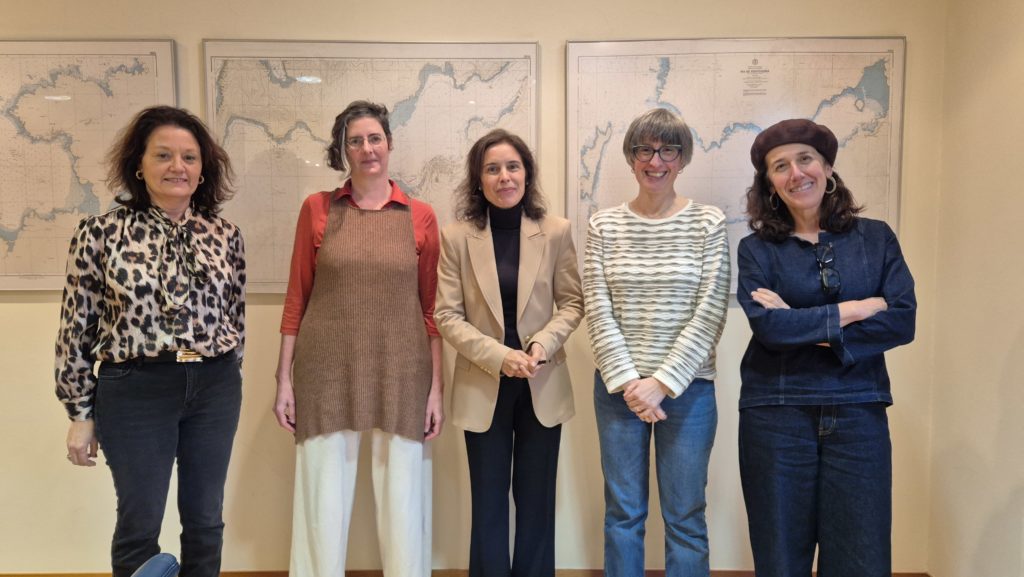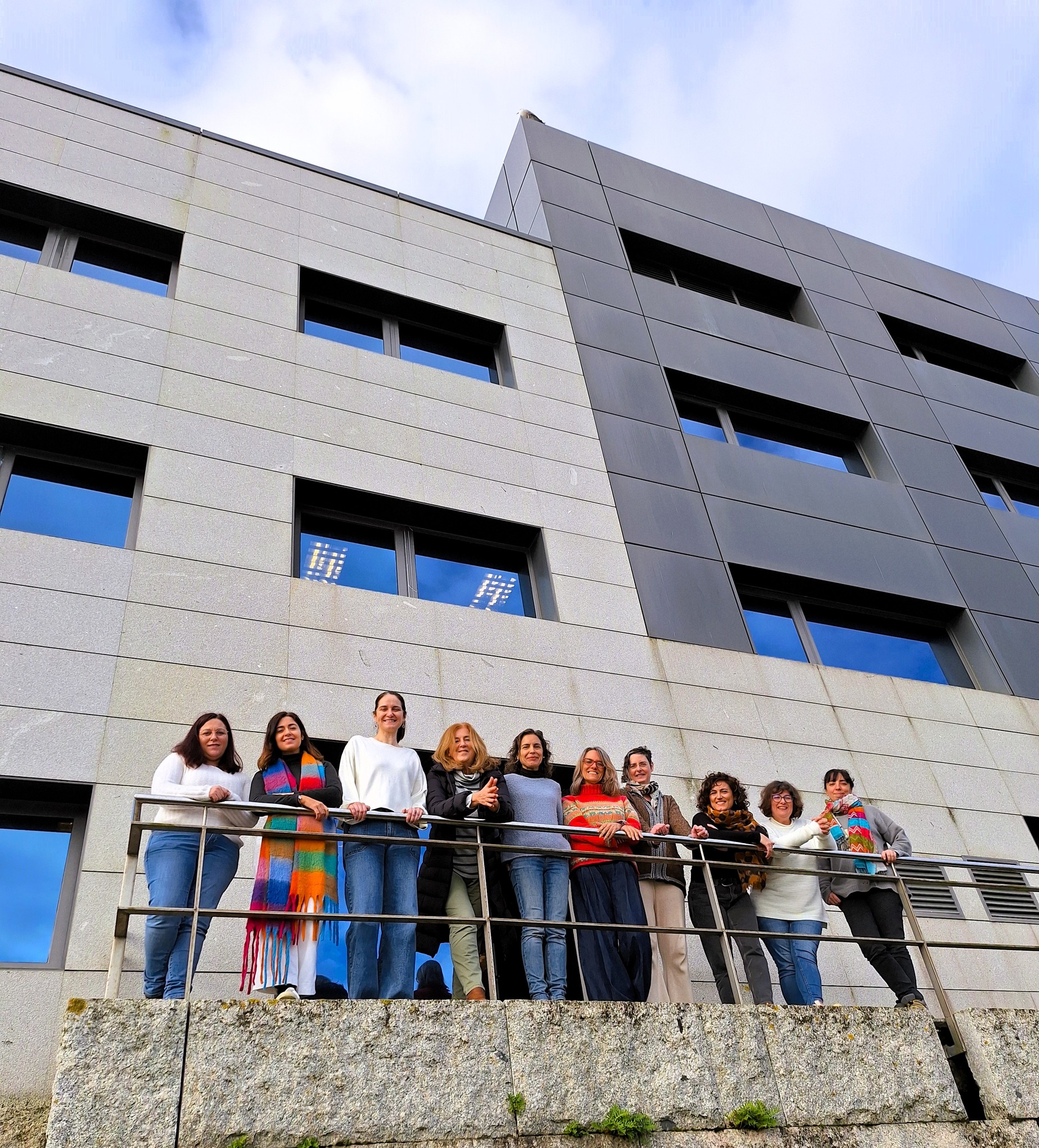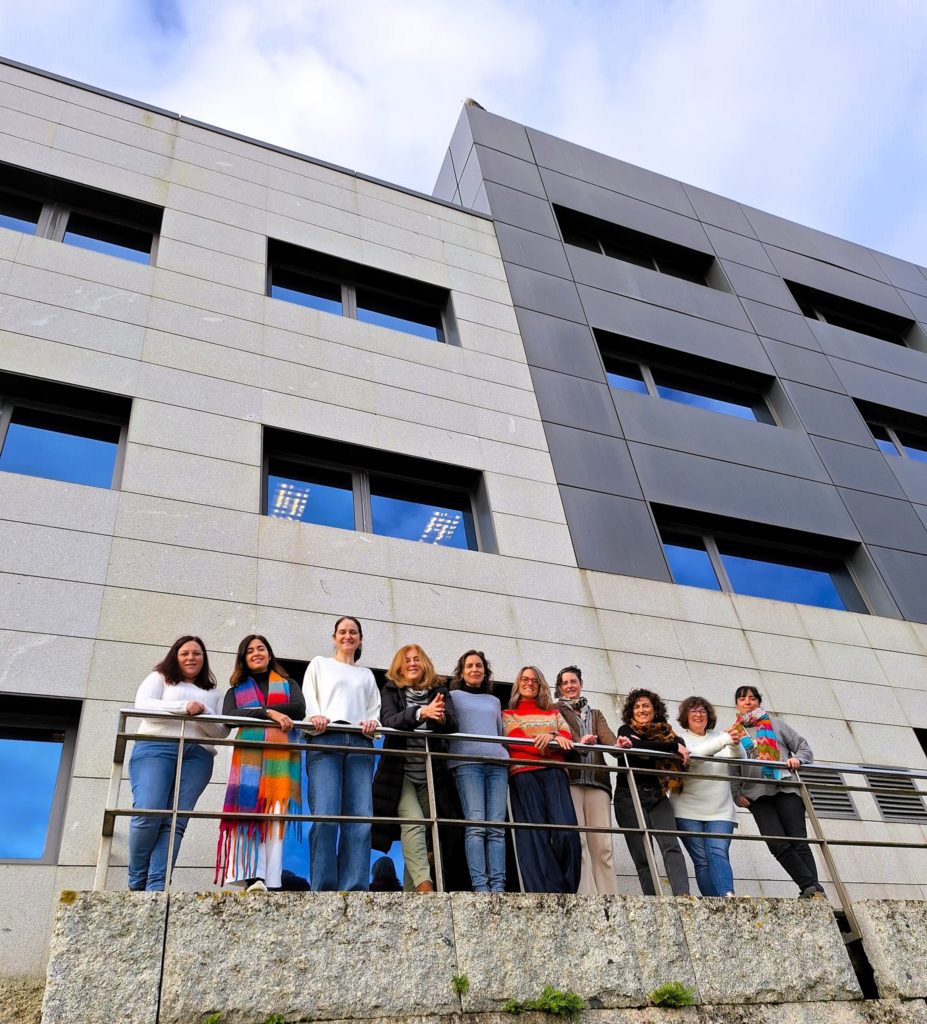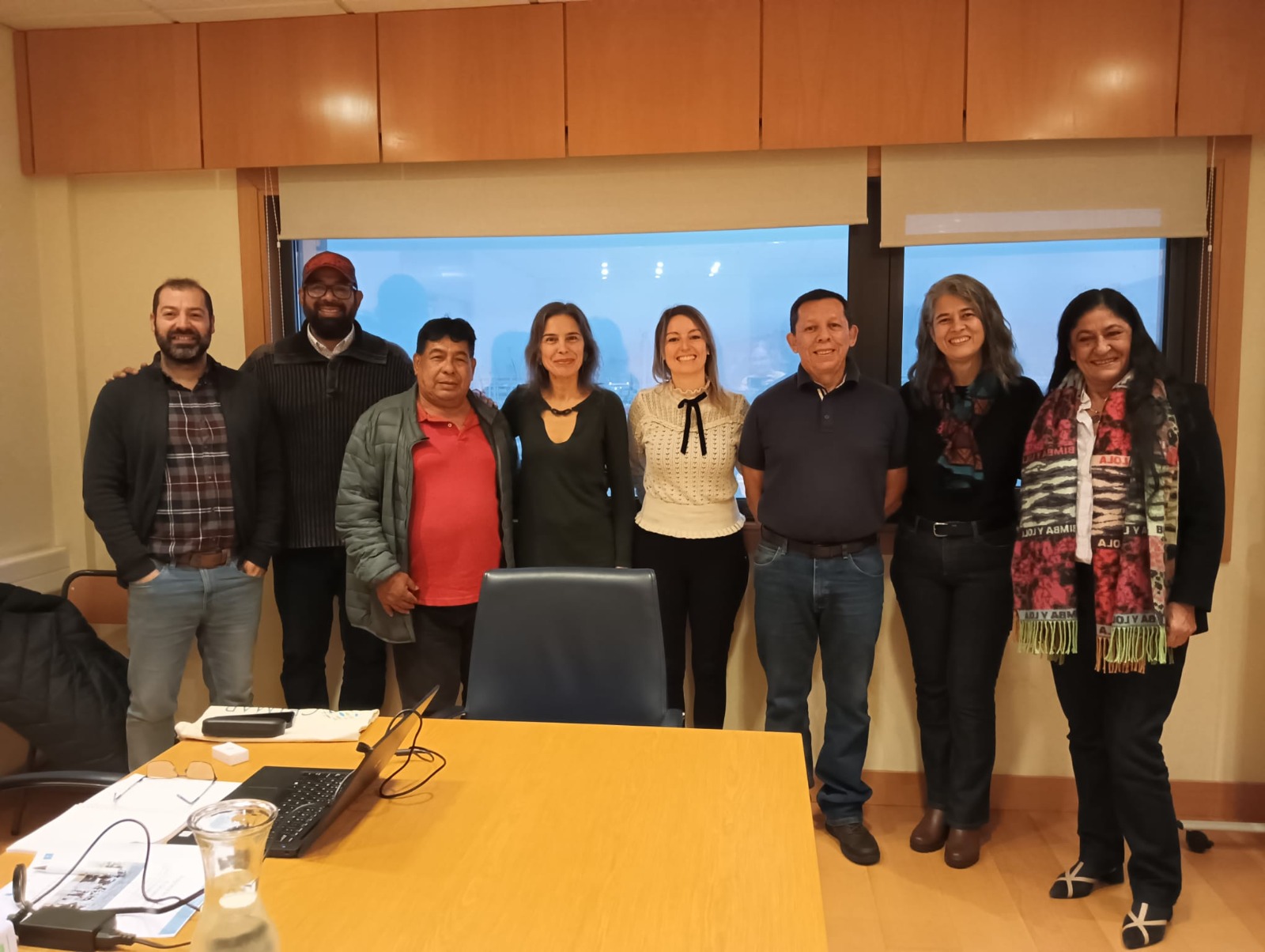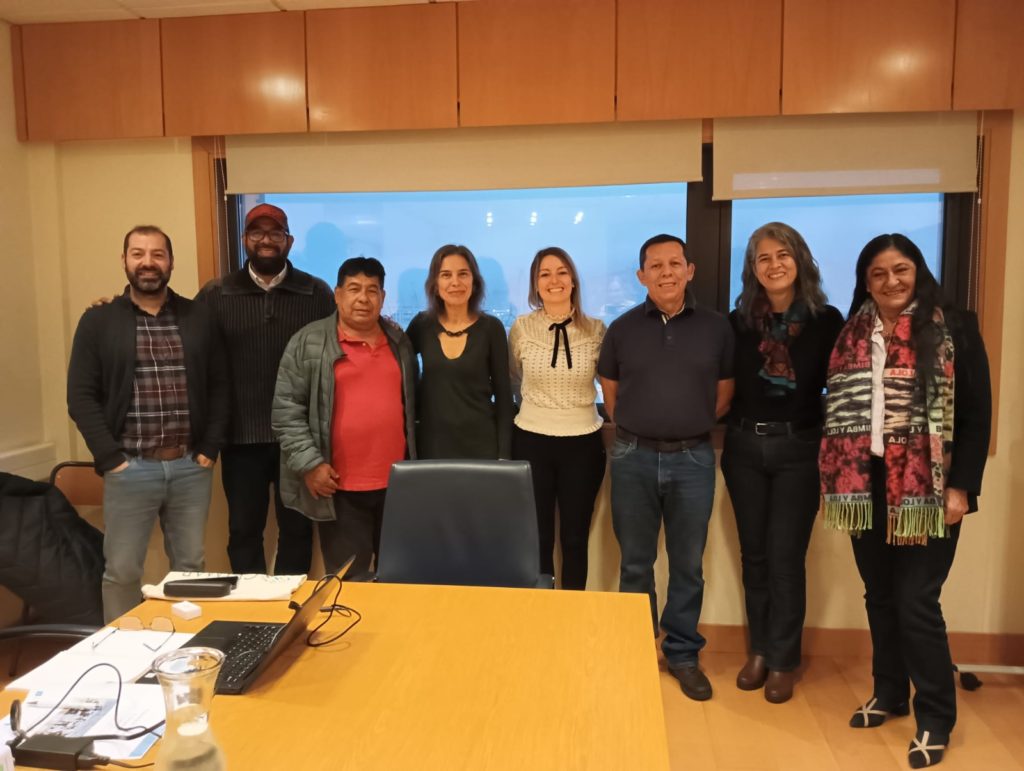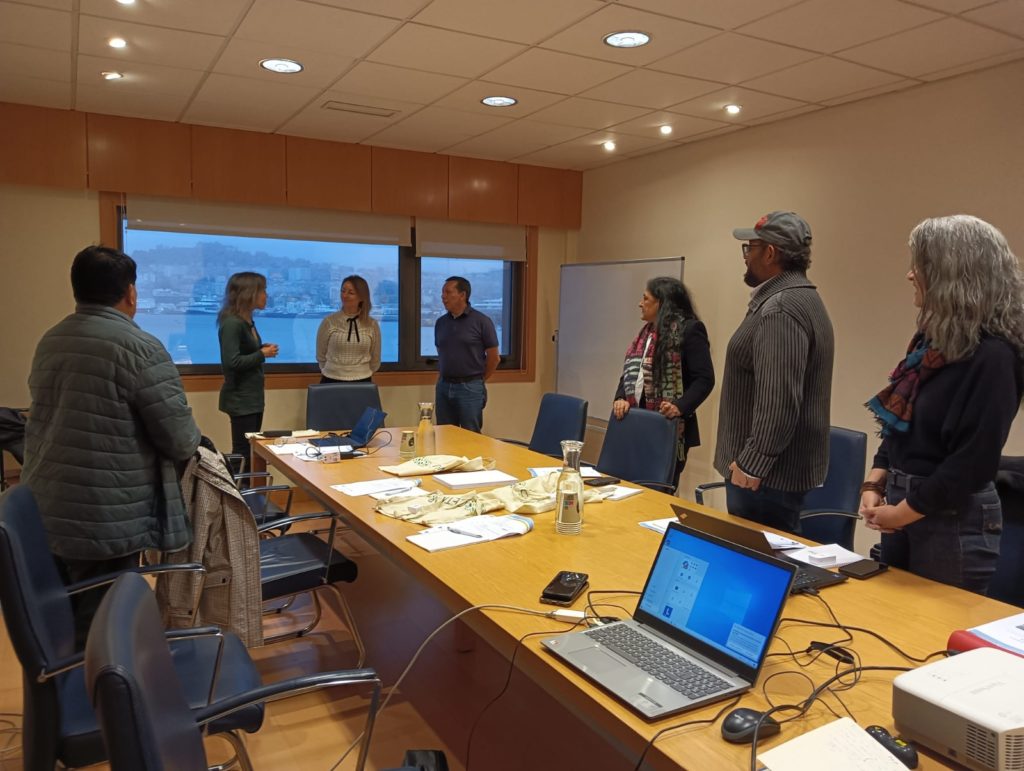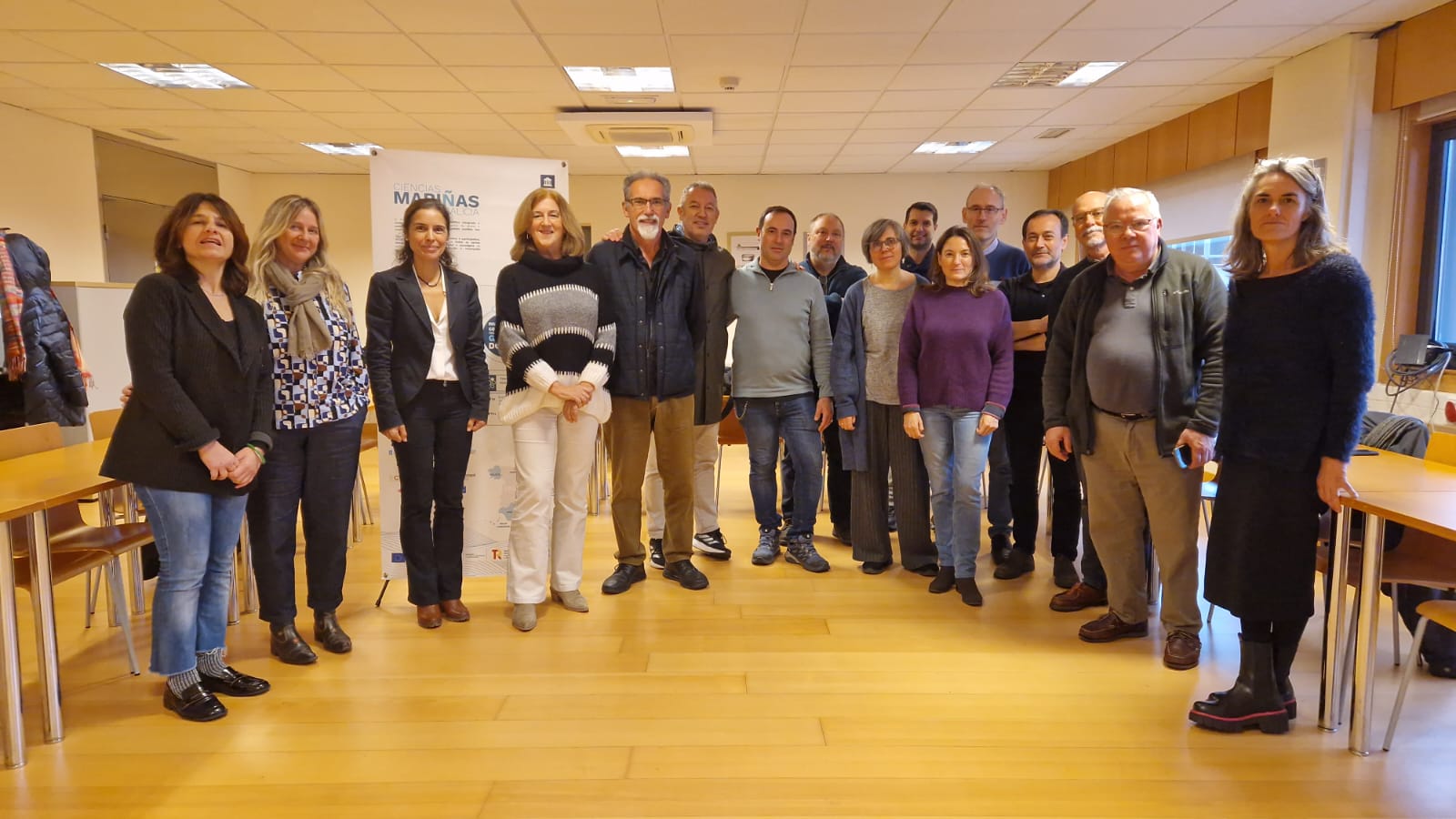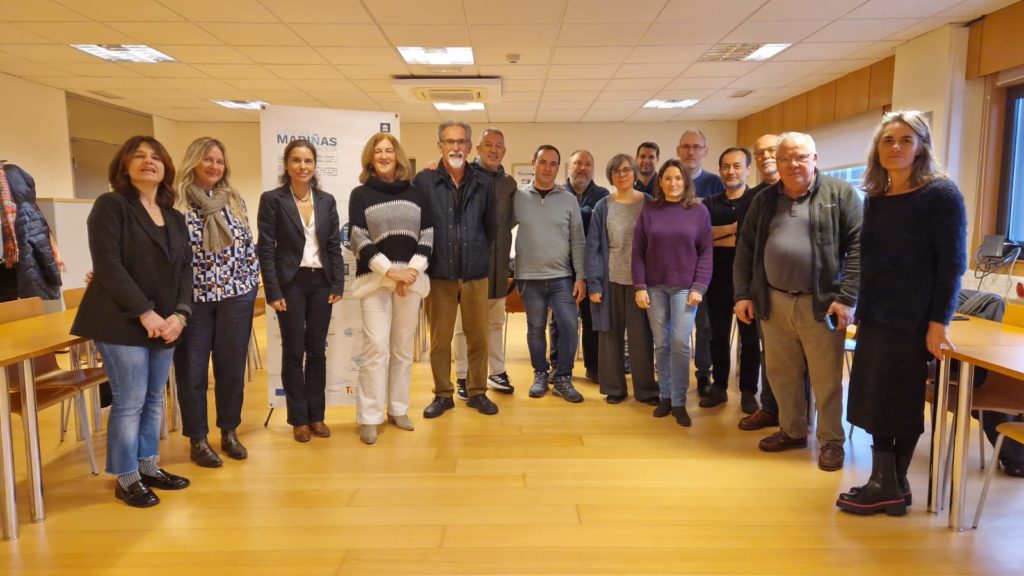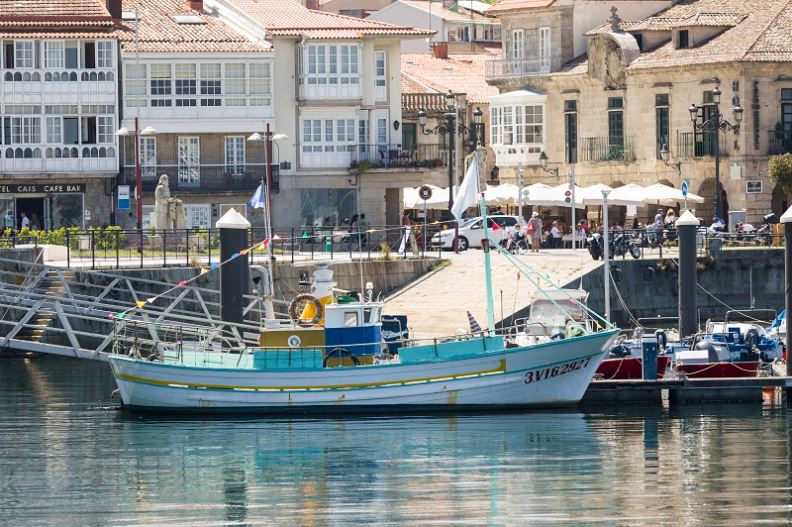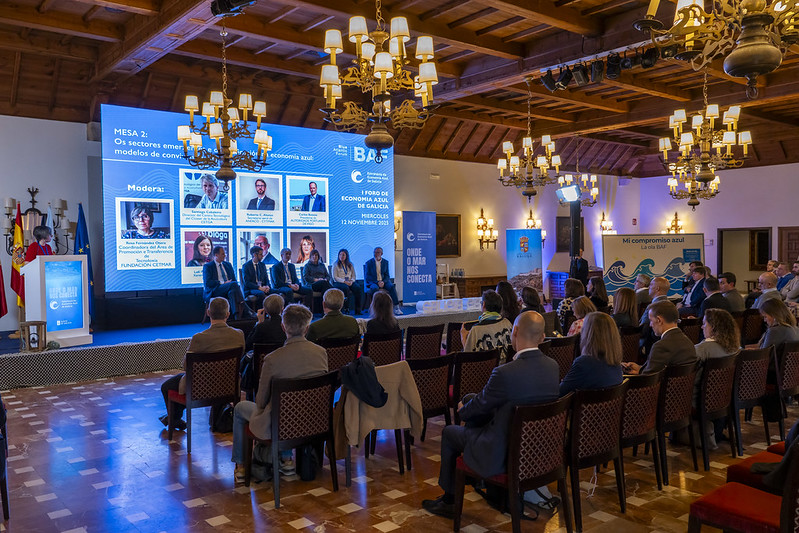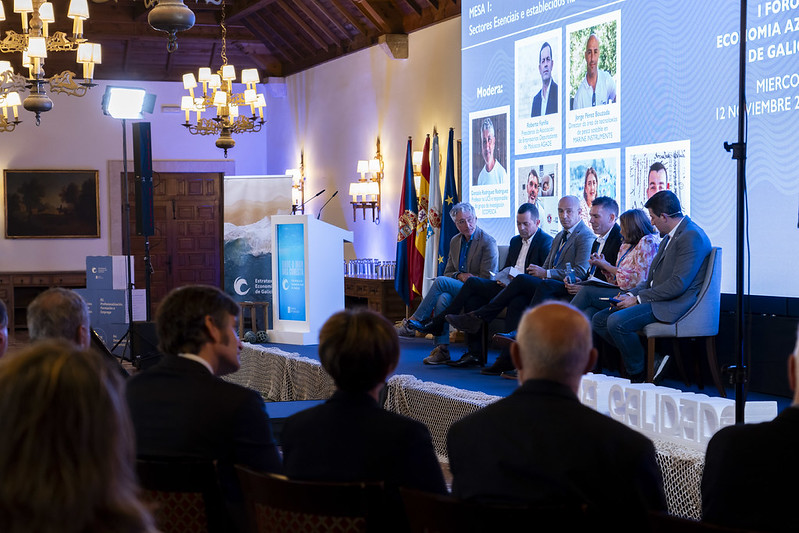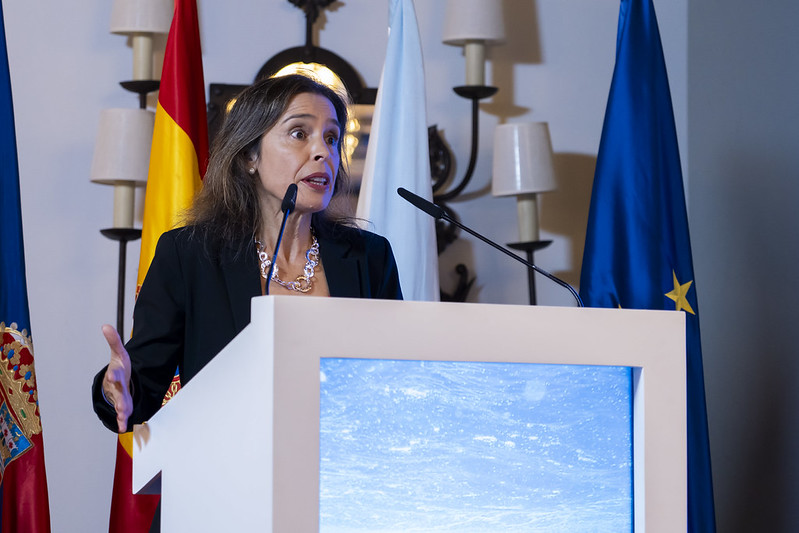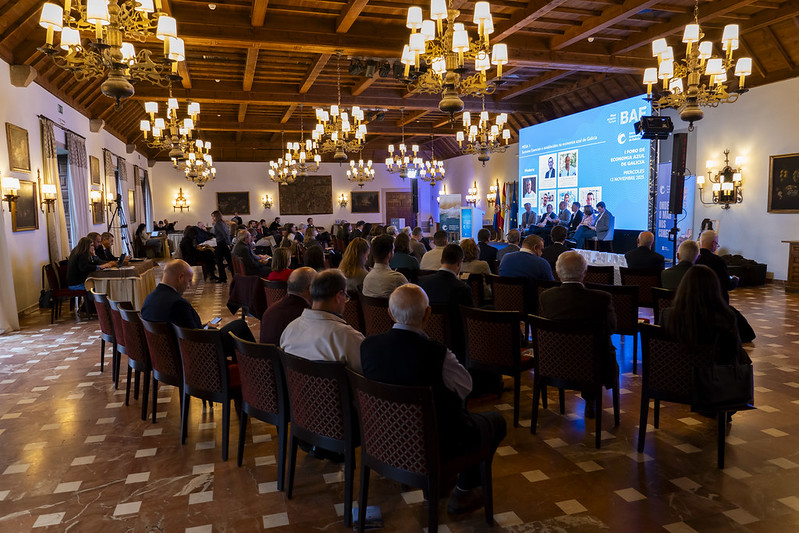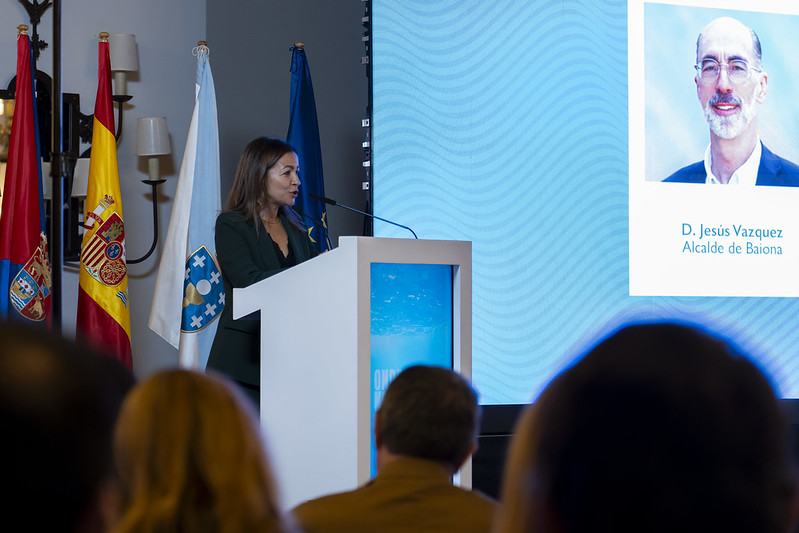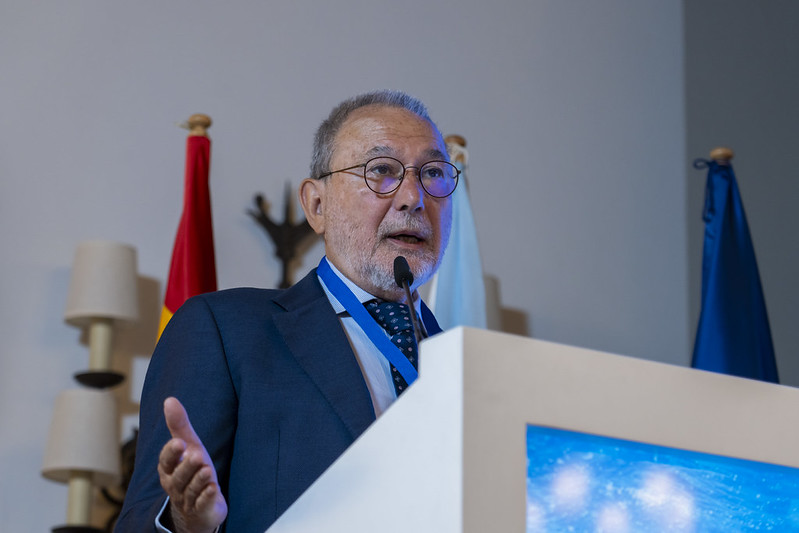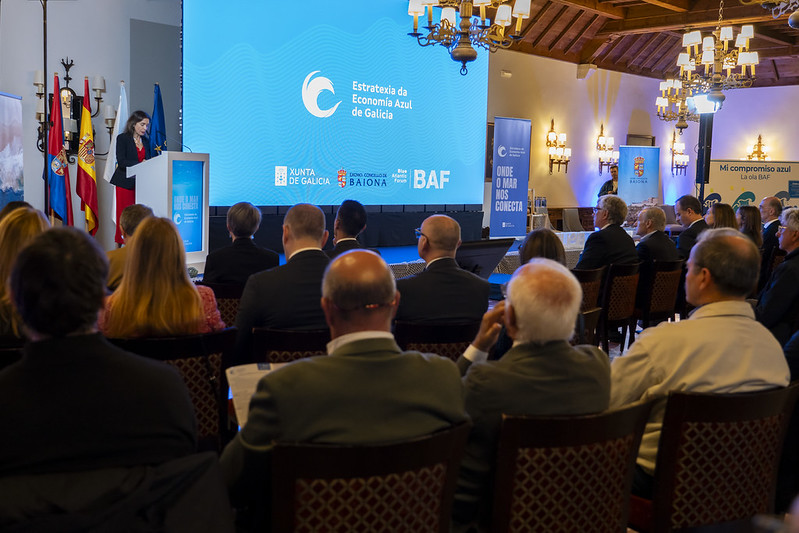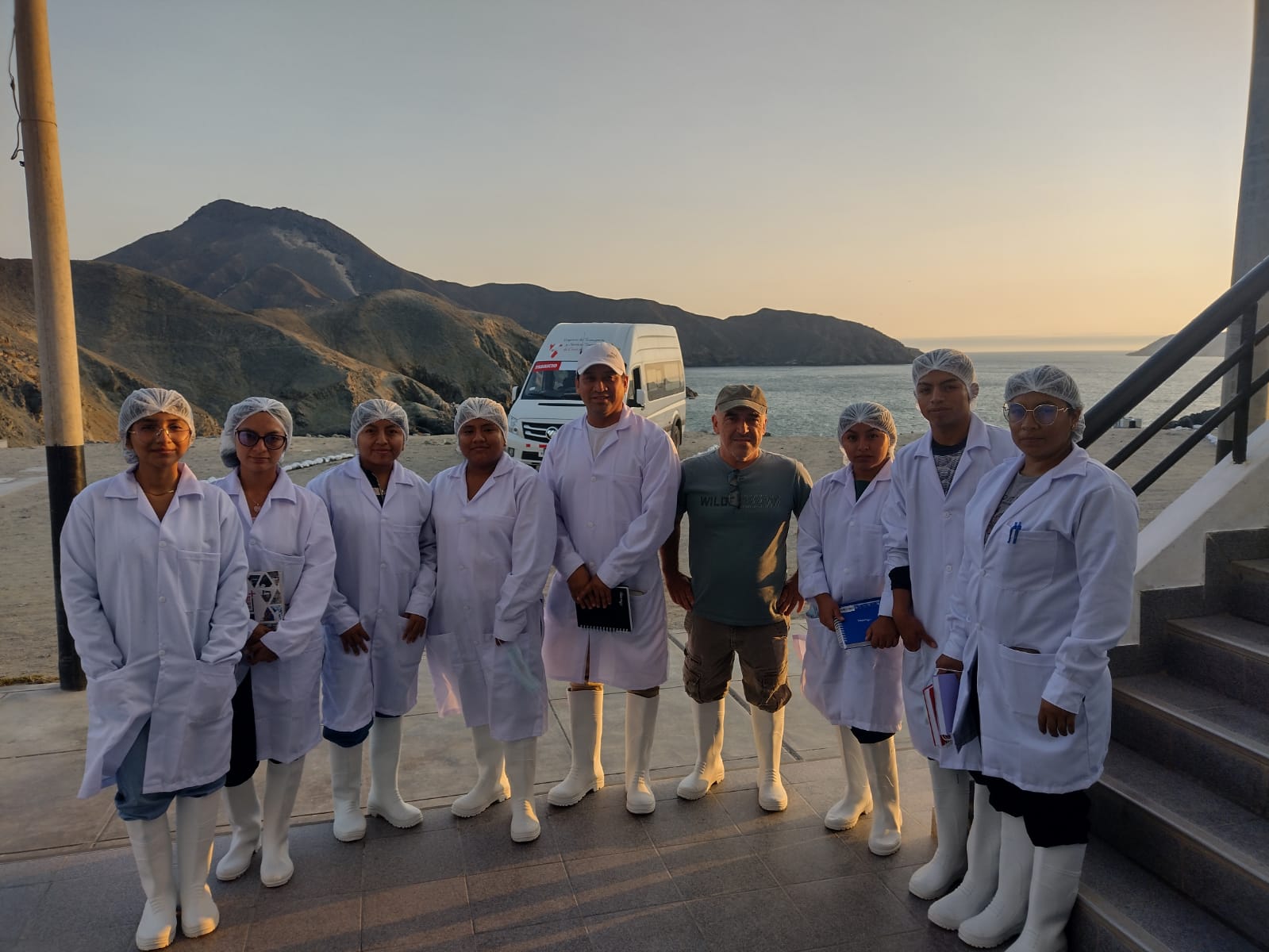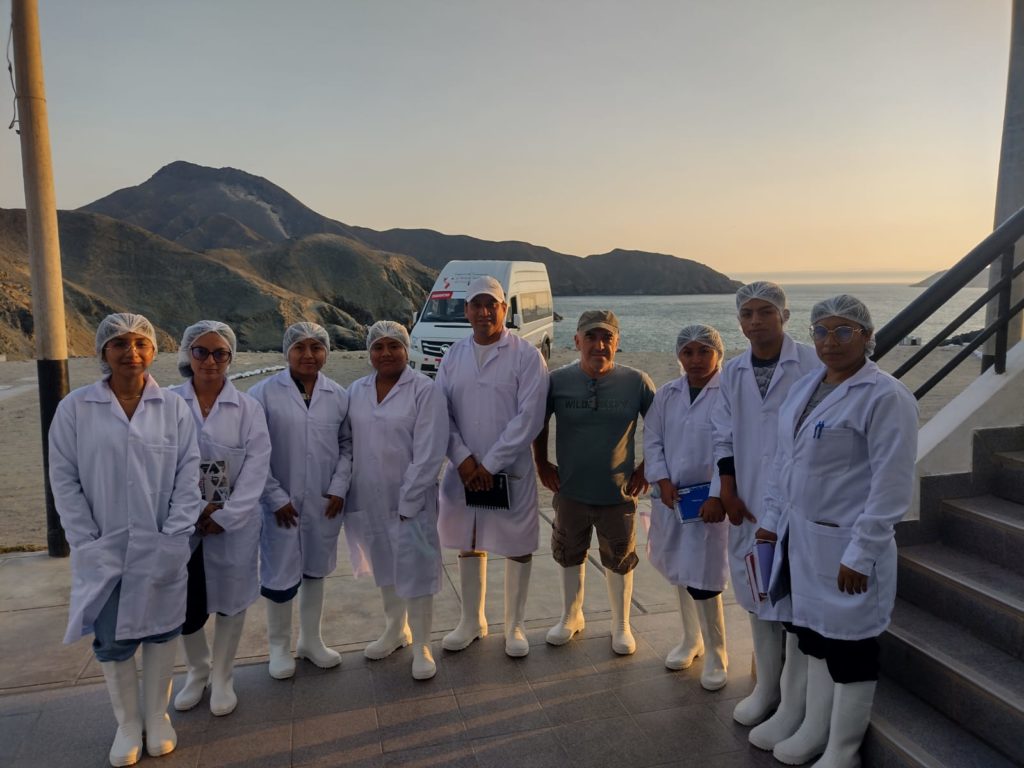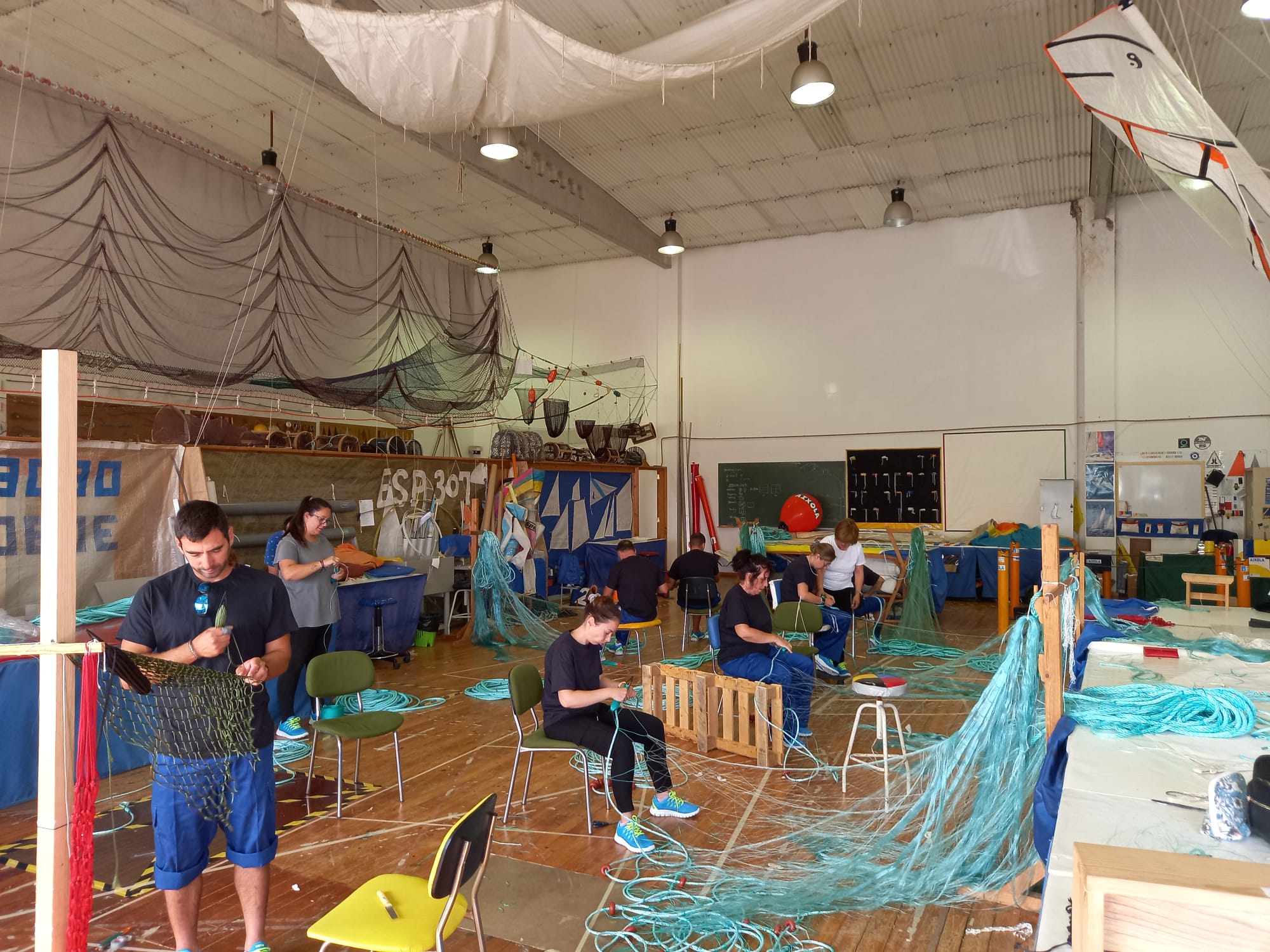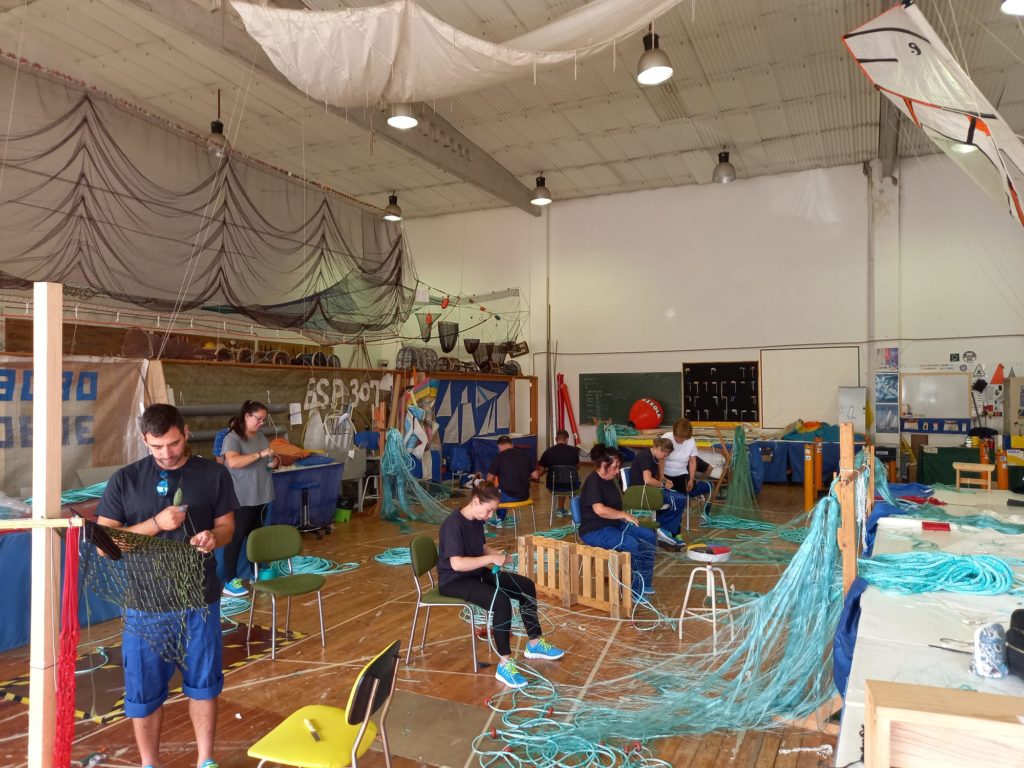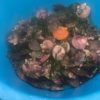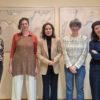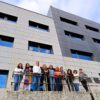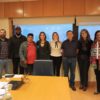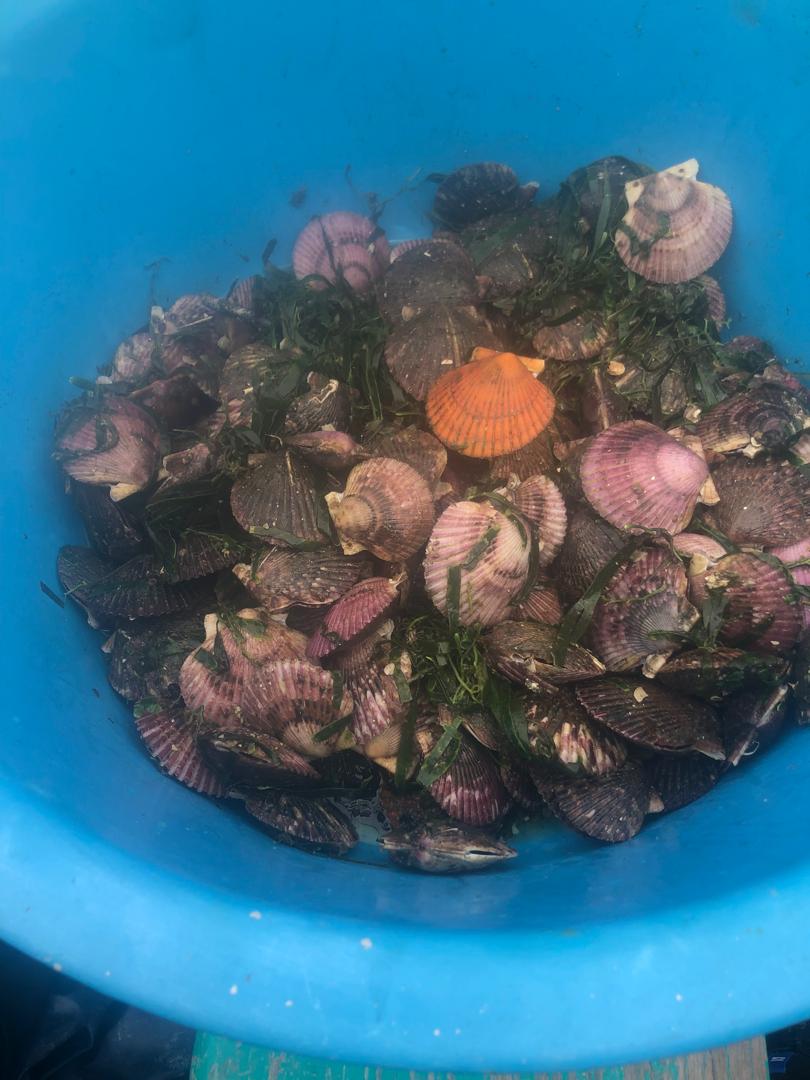
CETMAR impulsa a comercialización da pesca artesanal liderada por mulleres en Perú
- CETMAR reforza o papel das mulleres na pesca artesanal da rexión de Piura a través de accións formativas e talleres prácticos orientados á mellora da comercialización, a adaptación aos estándares de mercado e o acceso a novas oportunidades comerciais no marco do proxecto MARdePiura.
O Centro Tecnolóxico do Mar-Fundación CETMAR desenvolverá nas vindeiras semanas dúas actividades clave no marco do proxecto MARdePiura (Mulleres, Acuicultura e Reforzo Institucional para o Desenvolvemento Sostible da economía azul na Rexión de Piura), orientadas a fortalecer os procesos de comercialización e venda de produtos liderados por mulleres da comunidade pesqueira artesanal da Baía de Sechura, no Perú.
Estas accións serán desenvolvidas pola área de Cooperación Internacional do centro e enmárcanse no Resultado 2 do proxecto. O seu obxectivo principal é contribuír á adaptación ao cambio climático da pesca artesanal e da acuicultura na rexión de Piura, mediante unha estratexia centrada na diversificación produtiva, o reforzo institucional e a sustentabilidade da economía azul, con especial énfase no papel das mulleres.
Capacitación técnica para a adecuación a estándares de mercado
Entre os días 23 e 25 de febreiro, CETMAR levará a cabo unha capacitación coa Asociación de Mulleres Releras de Constante, e os días 26 e 27 de febreiro coa Asociación Con la Bendición de Mi Padre – Mariscos Illescas Sechura.
Estas xornadas formativas estarán dirixidas á adecuación dos criterios de preparación, procesamento, conservación e etiquetado dos produtos hidrobiolóxicos, de acordo cos requisitos establecidos polo Programa Mundial de Alimentos (PMA) e outros potenciais compradores públicos ou privados.
A formación inclúe tamén un acompañamento técnico para a sinatura dun acordo de colaboración, co fin de facilitar o acceso das asociacións a canles comerciais máis estables e formais. Neste proceso contarase coa participación de entidades implicadas nos procesos de acreditación sanitaria, como SANIPES.
Talleres para a aplicación práctica dos estudos de mercado
De xeito complementario, os días 2 e 3 de marzo celebraranse dous talleres de traballo, un con cada asociación, centrados na análise, interpretación e aplicación práctica dos estudos de prospección de mercado desenvolvidos previamente no proxecto.
O 2 de marzo o taller realizarase coa Asociación de Mulleres Releras de Constante, mentres que o 3 de marzo terá lugar coa Asociación Con la Bendición de Mi Padre – Mariscos Illescas Sechura. Durante as sesións, as participantes traballarán de forma práctica na identificación de segmentos de mercado prioritarios, no deseño de propostas de valor diferenciadas, en estratexias de posicionamento e promoción, e na elaboración de ferramentas comerciais básicas como fichas de produto, catálogos ou mensaxes de venda.
A través destas accións, CETMAR continúa a súa aposta por unha cadea de valor máis resiliente, sostible e inclusiva, promovendo a autonomía económica e social das mulleres da comunidade pesqueira artesanal e facilitando o seu acceso a novos mercados.

